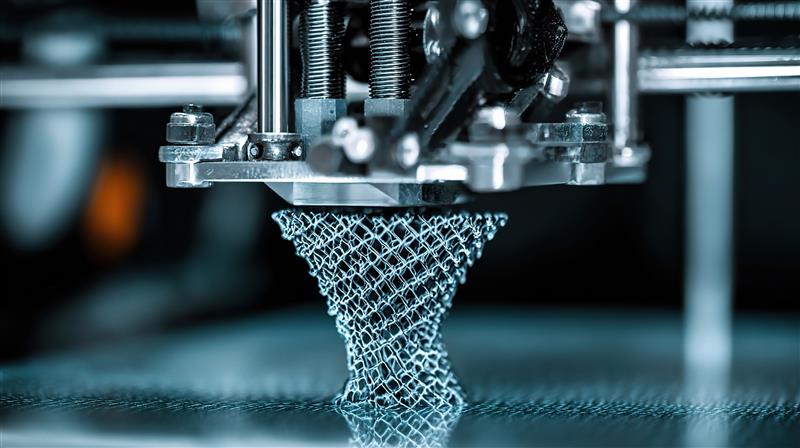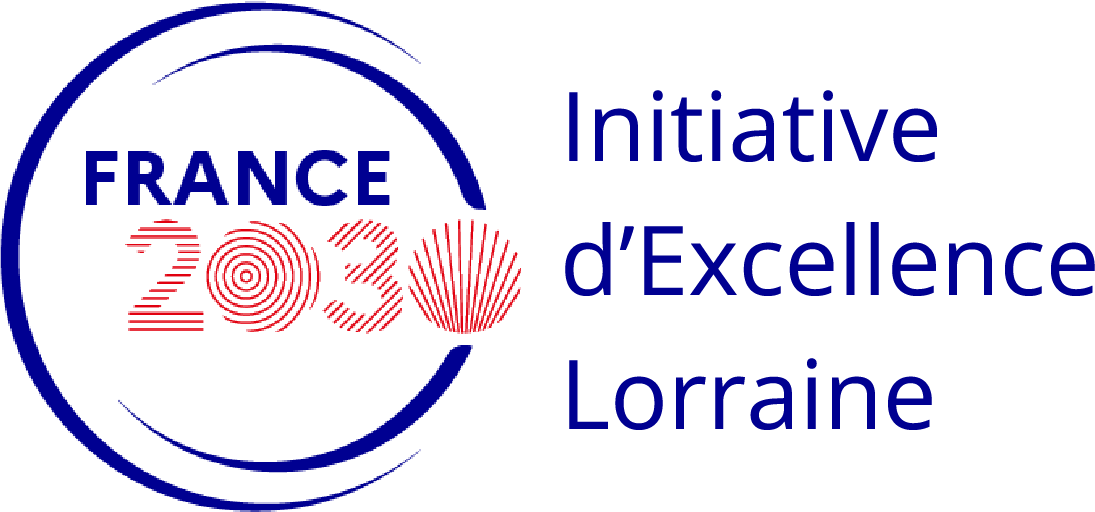ARTEMIS

Advanced Research and educaTion on the biology, the Ecology, the Management and the biomonitorIng of forest ecoSystems in a changing world
The ARTEMIS program is the result of the dynamism and ambition of the Lorraine Université d’Excellence (LUE) initiative, now known as the Lorraine Initiative of Excellence, which works on the various dimensions of forests and wood with the aim of building a hub for a broader multidisciplinary community in the Grand Est region and beyond.
This program aims to:
- bring together research, education, society, and innovation in order to design pathways and innovations for ecological and industrial transitions, based on adaptation and mitigation of global changes in forest socio-ecological systems (SES),
- become a major international hub for the development of forest sustainability scenarios, forest-related bioeconomy, as well as higher education training.
Our goal is to explore the different dimensions of forests and wood, ranging from small-scale processes and microorganisms, wood chemistry, forest law and economics, to broader territorial considerations. Achieving these ambitious goals will require intense collaboration between academia, education, socio-economic stakeholders, policymakers, and European partners. Given the multifunctionality of forest ecosystems, ARTEMIS also aims to serve as a platform for connection with other major challenges of the Lorraine Initiative of Excellence, namely the priority areas of new materials, energy transition, and health.
Read more
B4B

Bioeconomy, Sciences and Engineering of Biomolecules
The “Bioeconomy, Sciences and Engineering of Biomolecules” (B2SE) program aims to make the Lorraine Initiative of Excellence and the Grand Est key players at the European level in the field of biomolecule development for the bioeconomy. More specifically, the program will position our community as a leader in research and training on the identification, production, and optimization of antioxidant, antiproliferative, and anti-inflammatory active ingredients for applications in food, chemistry, cosmetics, and agriculture.
To this end, B4B will build on the combined expertise of 150 academics and 30 industrial experts, as well as on an integrative technical platform for the study and development of biomolecules. For several years, we have pursued a policy of supporting experimental platforms in order to pool knowledge. Together, these efforts will enable us to respond to regional priorities concerning the bioeconomy, as well as to the European Commission’s Green Deal, by developing and deploying sustainable, bio-based solutions, replacing synthetic molecules with alternatives derived from biomass, and ultimately strengthening education, training, and skills in the field of the bioeconomy.
Read more
MAT-PULSE

Materials and Physics @ Ultimate Scale
Today, we are facing an increasingly digital world, which can contribute to finding solutions against global warming and to developing more sustainable technologies, but which, on the other hand, leads to a multiplication of electronic devices involving increased energy consumption and scarcity of critical materials. Only new and disruptive scientific approaches will make it possible to move beyond conventional electronics and achieve the expected impact.
It is in this context that the MAT-PULSE program is set. Solutions can only be found if a deep scientific understanding of materials at ultimate scales (lengths, times) is developed, through cutting-edge fundamental research carried out with international partners.
The ambition of this program also lies in scientific excellence, measured by high-impact publications, the organization of international conferences, collaborations with the world’s leading actors in the field, and our ability to obtain national, European, and international funding. Research and training can mutually benefit from innovative training for students and industrial partners in an international environment.
MAT-PULSE aims for strong social, ecological, and economic impact, notably by strengthening awareness-raising activities for young people, the general public, industrial partners, and policymakers. In addition, organizing exchanges among MAT-PULSE researchers on questions raised by the human sciences (sociology, anthropology, and philosophy in the first instance) will help highlight conceptual issues as well as practical problems faced by researchers. Finally, the integration of devices and technology transfer will be ensured by a professional team working in close collaboration with researchers and students.
Read more
TRANSITION

Transition énergétique et décarbonation des territoires
This interdisciplinary program aims to structure research and training actions in Lorraine on the transition towards sustainable energy and the decarbonization of territories. It fully integrates three pillars: society (needs, expectations, and perceptions), the ecosystem (sun, soil, biomass, subsoil, etc.), and the technosphere (processes of converting and distributing resources into final energies).
Our program is structured around the following energy sectors (called “axes”):
- Solar energy;
- Bioenergies and biocarbon;
- CO2 capture and conversion;
- Hydrogen production and valorization;
- Heat management in buildings, cities, and industries;
- Subsurface for energy and carbon management.
All these axes integrate numerous disciplines within the Lorraine Initiative of Excellence. In addition, these axes are interconnected by two cross-cutting areas:
- Territorial integration of energy systems applied to Lorraine;
- Multi-energy demonstration platforms.
The ambition of the program is to bring together more than 300 researchers and teacher-researchers with a wide range of expertise, including economics, geography, environmental sciences, biology, materials and processes, geosciences, and more. This program addresses cross-cutting economic, societal, and technological challenges related to energy transition and territorial decarbonization. It seeks to generate a significant leverage effect for the funding of the Lorraine Initiative of Excellence. It will provide a global hub bringing together various partners (industries and local authorities) and a long-term vision to position the Lorraine site as a leading center for energy transition and decarbonization worldwide.
Read more
CIRSET
Circular Economy for Sustainable Resources in the Energy and Digital Transitions
L’économie circulaire pour des ressources durables dans les transitions énergétique et numérique – CIRSET, est un programme interdisciplinaire de recherche et de formation conçu à l’Université de Lorraine. CIRSET vise à relever les défis majeurs liés à la gestion durable des matières premières, en abordant les enjeux techniques, sociétaux et économiques engendrés par la transition vers une économie digitale et plus écologique. Chaque étape de la chaîne de valeur des matériaux est examinée — de l’extraction responsable et des procédés innovants au recyclage et à l’implication des parties prenantes — en intégrant à chaque phase les dimensions sociales et environnementales.
Le programme réunit un large éventail de compétences: en géosciences, sciences de l’environnement, science des matériaux, économie, sciences sociales, recherche, développement et conception des procédés, psychologie sociale et sciences de l’éducation, afin de créer des synergies permettant de développer des solutions modernes et efficaces. En favorisant la collaboration entre disciplines et en dépassant les cloisonnements traditionnels, tout en rapprochant la recherche académique des besoins industriels, CIRSET stimule non seulement l’innovation, mais forme également des étudiants et professionnels dotés d’une compréhension élargie, indispensable pour relever avec succès les défis mondiaux du développement durable
Read more
LIFE TRAVEL
LIFE TRAVEL – trajectories, multimorbity, functional ability, quality of life, and longevity
LIFE TRAVEL program involves a highly multidisciplinary team of the Lorraine site coming from the biomedical, digital, and social and human sciences to generate disruptive knowledge on the multifactorial determinants of health trajectories and longevity and their interconnections, develop and evaluate prevention programs and health policies to promote healthy aging.
Objectives of LIFE TRAVEL
- Unraveling the concepts underpinning healthy aging across the contributory disciplines;
- Modeling both healthy aging and its determinants, taking into account their dynamic and longitudinal features, with a special attention paid to the complex causal mechanisms involved;
- Developing and/or evaluating prevention programs and policies, leveraging on the identified determinants to promote healthy aging.
Read more
